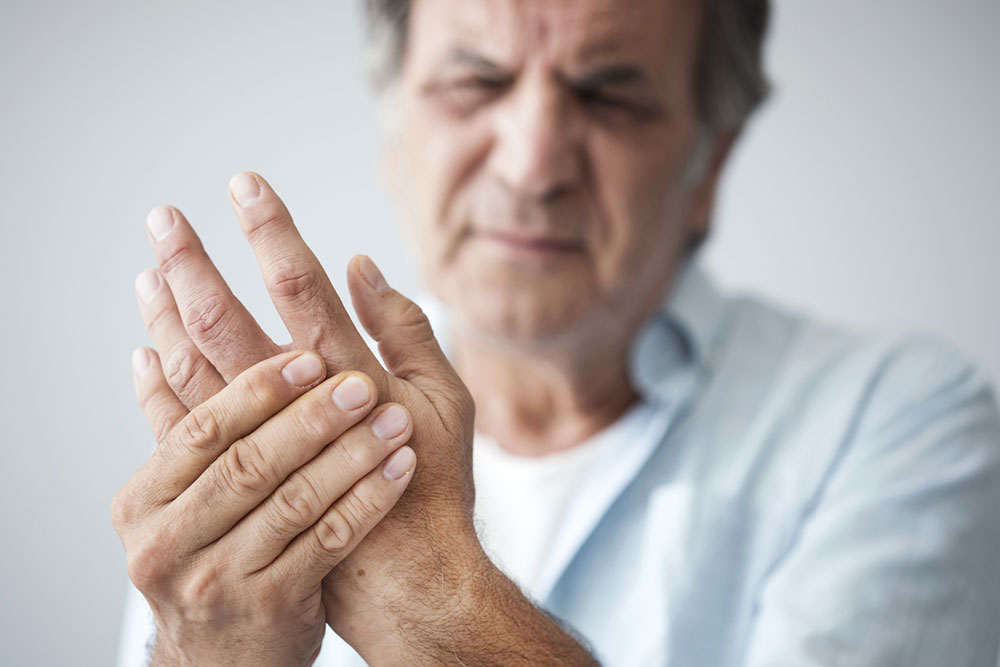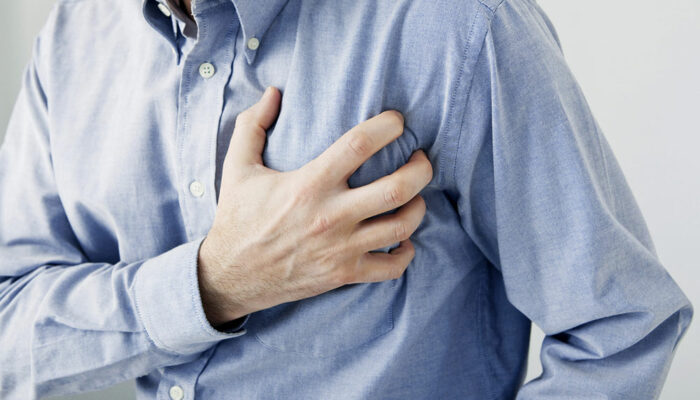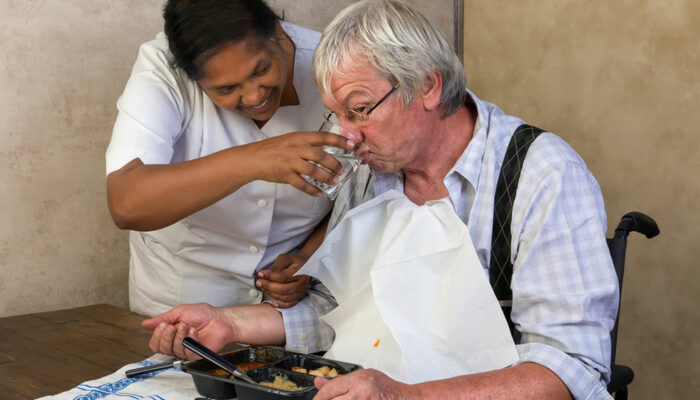
Four effects of psoriatic arthritis on the body
Psoriatic arthritis is a chronic, long-term condition and has no cure. Treatments for this condition help in coping and managing the symptoms. The joint pain symptoms associated with arthritis and the skin signs and symptoms associated with psoriasis are well-known. However, in the case of psoriatic arthritis, the condition is a combination of both skin and arthritic symptoms. Additionally, inflammation that drives this condition makes it even more difficult to cope and manage the symptoms. It is essential to know about the effects of psoriatic arthritis on the body along with the symptoms that one needs to look for.
Skeletal system
Psoriatic arthritis causes inflammation in the joints. The condition may affect a single joint or many joints. Swollen, painful, and stiff joints are some of the common symptoms. Inflammation in the shoulders or knees can restrict the range of motion, which makes it difficult to move freely. This can make it extremely difficult for even the spine to bend, or it can cause severe neck and back pain. The toes and fingers may swell as well, which can further lead to a sausage-like appearance. Furthermore, one of the common symptoms of psoriatic arthritis is soreness in areas where the tendons and ligaments connect to the bones. This leads to pain in the sole of the foot, the heel, and even around the elbows. Low-impact exercises, like water exercises, help in keeping the joints more flexible. Additionally, to improve flexibility and strengthen muscles, occupational and physical therapy helps. Walking is one of the recommended exercises as it has less impact on the joints.
Skin, nails, and hair
Rough, red patches are formed on the skin due to the chronic skin condition of psoriasis. It appears like silvery scales. Tenderness and itching are also included in the symptoms. Patches usually tend to show on elbows, hands, feet, and knees. They can form anywhere. The skin around the joints appear cracked and even blisters and skin lesions may be formed. Also, patches on the scalp can range anywhere from a mild case of dandruff to severe shedding. Scalp psoriasis causes large scales that turn red and itchy. Scratching can also cause flakes in the hair and shoulders as well. The toenails and fingers become ridged, thick, or discolored.
Musculoskeletal system
Chronic inflammation may damage the cartilage that covers the end of the bones. Damaged cartilage causes the bones to rub against each other as the condition progresses further. This process weakens the bones as well as the surrounding tendons, muscles, and ligaments, leading to inadequate support for the joints. Engaging in moderate exercises regularly is essential to keep the muscles strong.
Mental health
Discomfort and physical pain due to the disease along with its chronic effects can have a severe impact on emotional health. This condition increases the risk of depression and anxiety. Feeling sad, having low-self esteem, and feeling embarrassed are some of the concerns one may face. In cases where psoriatic arthritis is unmanaged, the risk of mental health problems increases further.




